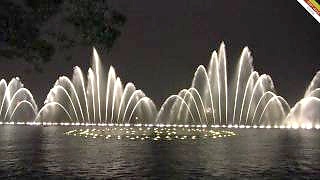With Lee Barrett, Alex / Reportify Media, Daniel Dumbrill, Angelo Giuliano and Brian Berletic ...
[640],shadow=true,start=,stop=With Jeffrey Sachs ...
[320],shadow=true,start=,stop=With Daniel Dumbrill, on Palestine ...
[320],shadow=true,start=,stop=With Ben Norton ...
[320],shadow=true,start=,stop= Geopolitics update – September / October 2023
Geopolitics update – September / October 2023
































